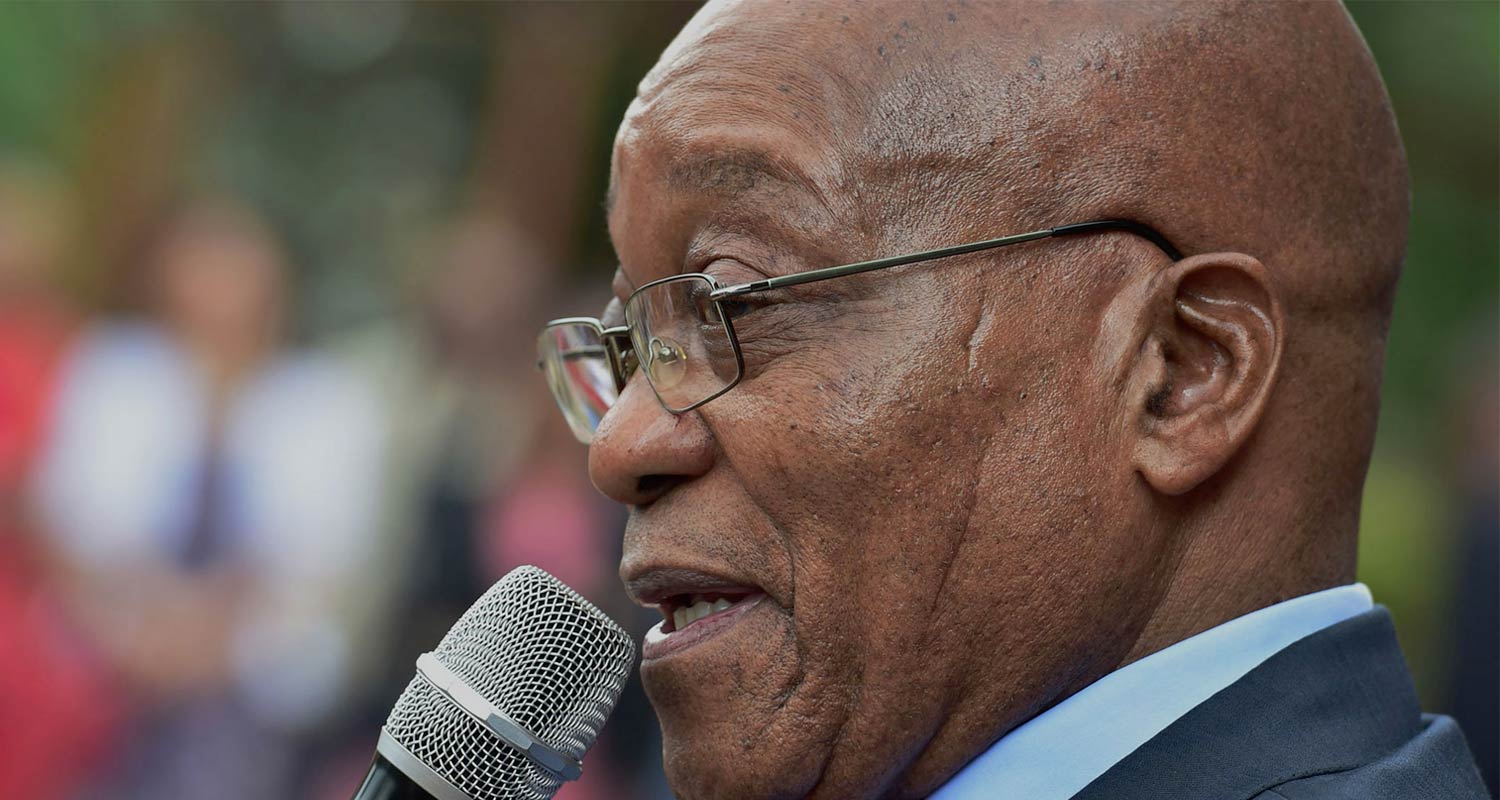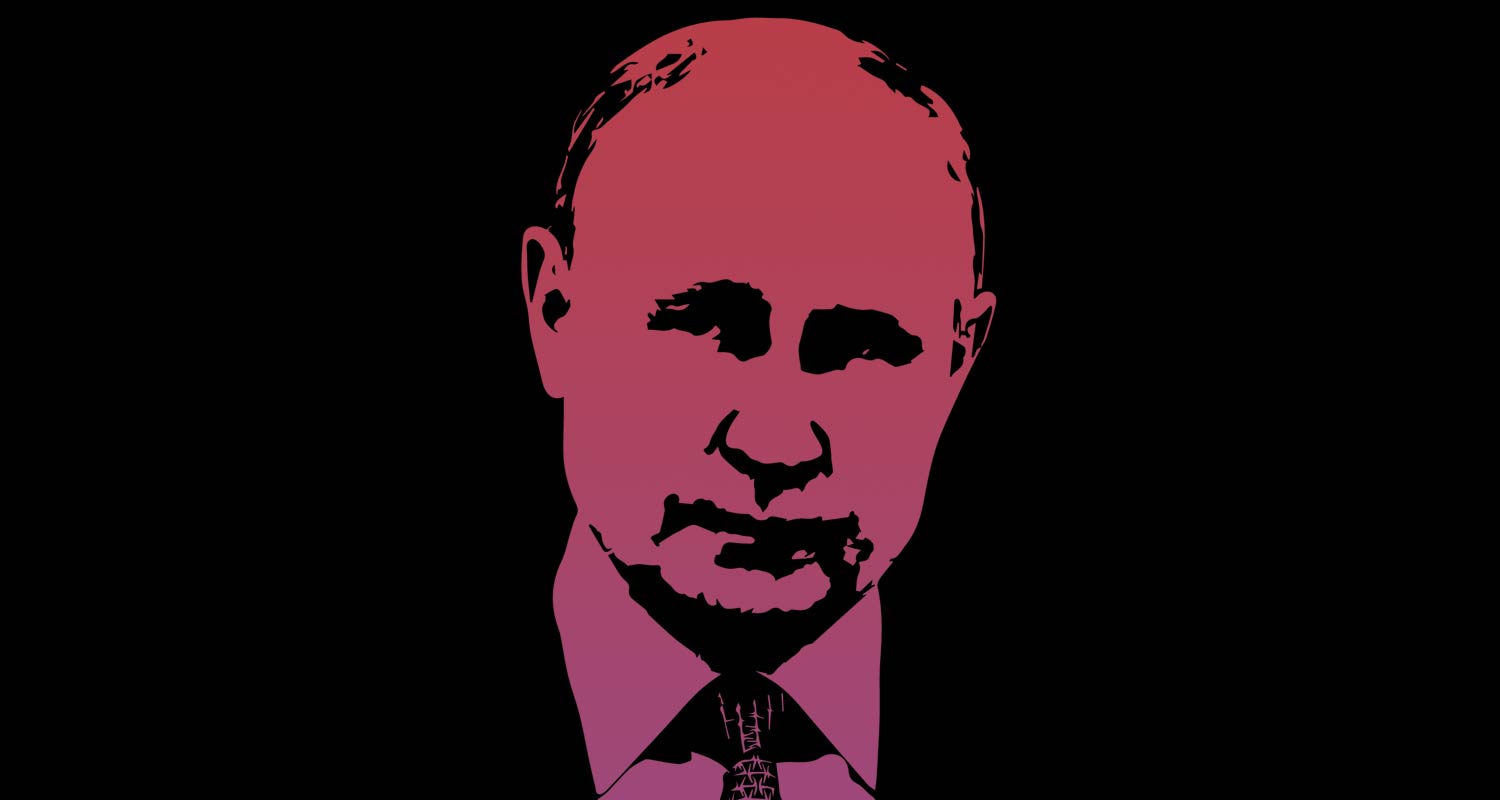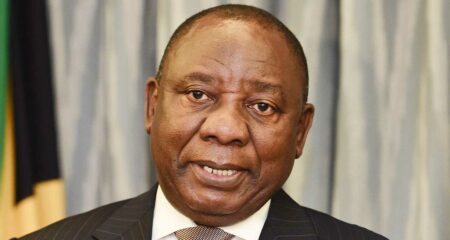
An analysis of accounts on social media platform X that have been used to promote Russian interests in South Africa are now being utilised to rally support for a new party backed by former President Jacob Zuma, according to a director at the Centre for Information Resilience.
The observation is the latest example of how Moscow appears to be using social media to try and sway the outcomes of votes around the world as it seeks to promote leaders that can help further its interests. Russia allegedly interfered in the US election in 2016, which saw social media being used to sow distrust in the process and institutions. More recent examples in Africa include support for pro-Russian military regimes in West Africa.
Zuma, who led South Africa from 2009 to 2018 and forged closer ties with Moscow during his tenure, announced in December that he would campaign for the uMkhonto weSizwe Party, or MKP, rather than the governing ANC, in next month’s elections.
Several X accounts that praised Russia’s invasion of Ukraine since it began in February 2022 and have drawn parallels between Zuma’s leadership and that of Russian President Vladimir Putin, have been used to promote the new party ever since, the CIR said in new research.
The most prominent of the accounts on X, formerly known as Twitter, has about 170 000 followers and constantly posts endorsements of MKP and Zuma, said Tom Southern, the London-based independent non-profit’s director of special projects. The account interacts with thousands of others, amplifying its impressions, the CIR research shows. At times, those impressions exceed one million per post.
The postings are interspersed with praise for Russia, its deepening relations with military governments in West Africa and criticism of current South African President Cyril Ramaphosa.
Deepfakes
The accounts have also been used to retweet so-called deepfakes of former US President Donald Trump endorsing Zuma. Some of them claim to be based in Russia and Burkina Faso, the West African nation under military rule that’s forging closer ties with Moscow.
“I can’t comment on who owns these accounts,” said Nhlamulo Ndlela, an MKP spokesman. “Neither you or I know if these accounts are legitimate. They could be propaganda.”
Dmitry Peskov, a spokesman for the Kremlin, said that Russia isn’t involved with the accounts.
Read: AI deepfakes and SA’s fight to protect the 2024 election
It’s unsurprising that Russian disinformation is being used to influence South African politics, and the fact that Jacob Zuma’s party is a beneficiary “is even less surprising”, said Priyal Singh, a senior researcher at the Pretoria-based Institute for Security Studies who has been researching Russian disinformation in Africa. “There are deep interpersonal relationships within the ANC and associated parties within South Africa, with the Russian elite and President Putin going back decades.”
Russian disinformation activities have been on the increase across Africa, the Africa Centre for Strategic Studies said in a report last year.

Most African nations targeted have weak democratic institutions and those have allowed disinformation campaigns that are largely aimed at keeping or putting Russian-friendly regimes in power to flourish, the centre said. South Africa, which has relatively strong institutions, is an exception, with the ties between the Russian elite and South African politicians — some of whom trained in the then-Soviet Union during apartheid — providing scope for Russia to try and boost its influence, the centre said.
South Africa gained entry into the Brics group of emerging nations, a political bloc that includes Russia, during Zuma’s tenure. His administration also tried to push through a nuclear power contract with Russia that, if fully implemented, would have cost as much as US$100-billion, according to construction companies.
Read: Moves afoot to fight fake news ahead of 2024 poll
The ANC forced Zuma to step down in 2018 after a string of corruption scandals. A survey released last month by the Brenthurst Foundation and the SABI Strategy Group showed the MKP would win 13% of the vote on 29 May and support for the ANC would in turn fall well below 50% for the first time since it took power in 1994.
Founded in 2020 and based in London, the CIR says it’s dedicated to exposing human rights abuses, war crimes and disinformation. It has received grants from US, UK and Australian government agencies for specific projects and accepts donations to help fund its work. — (c) 2024 Bloomberg LP




